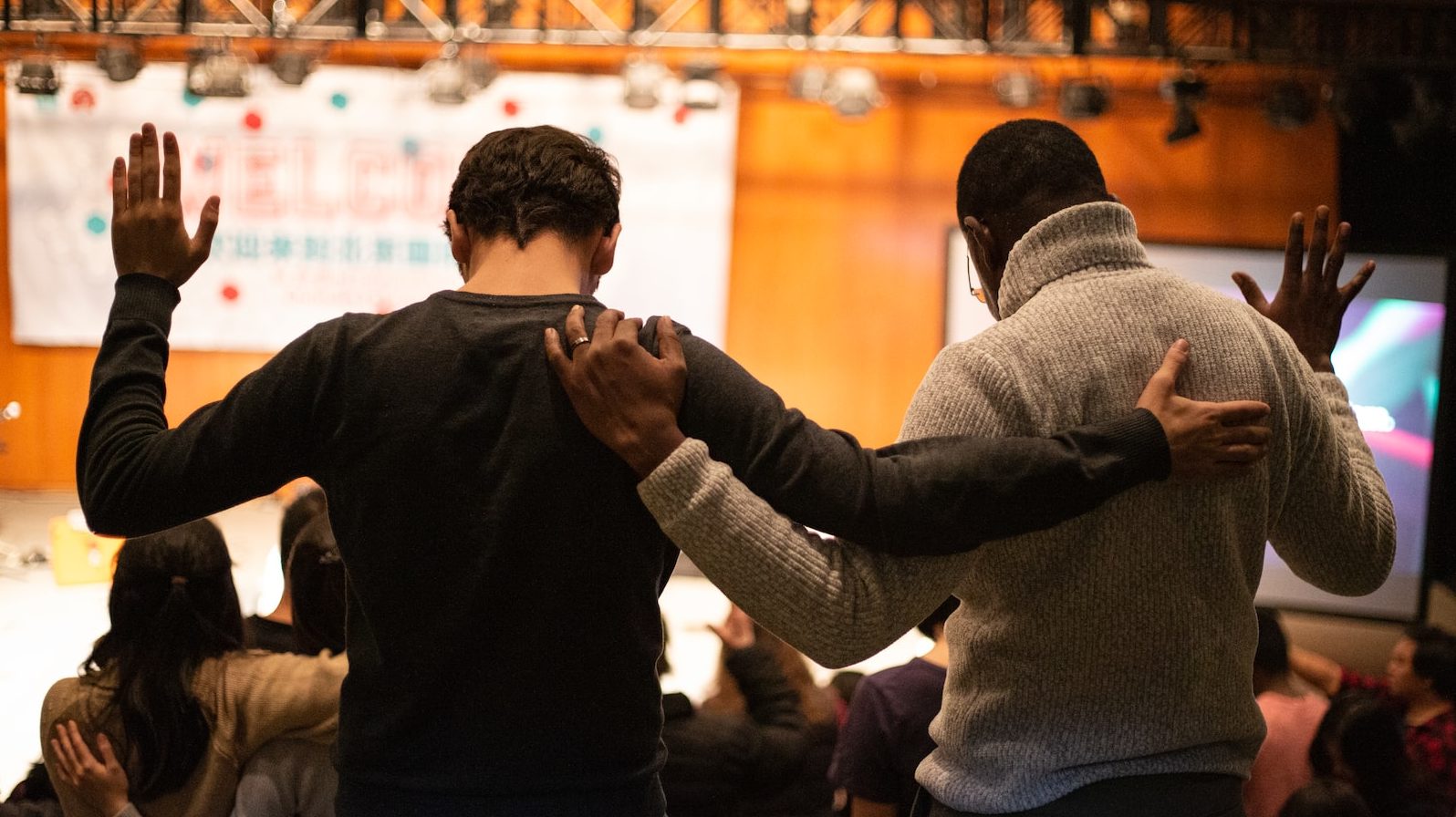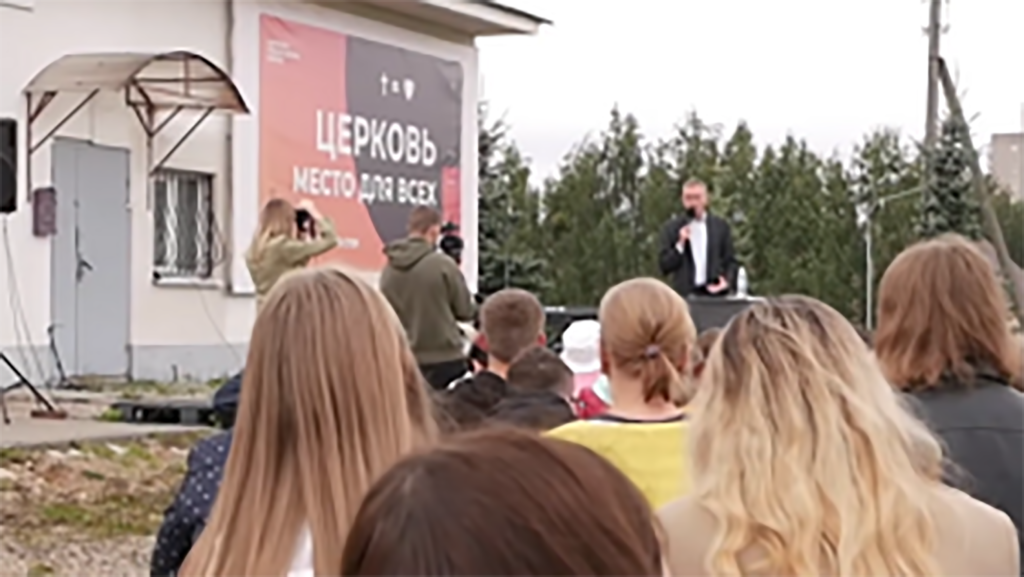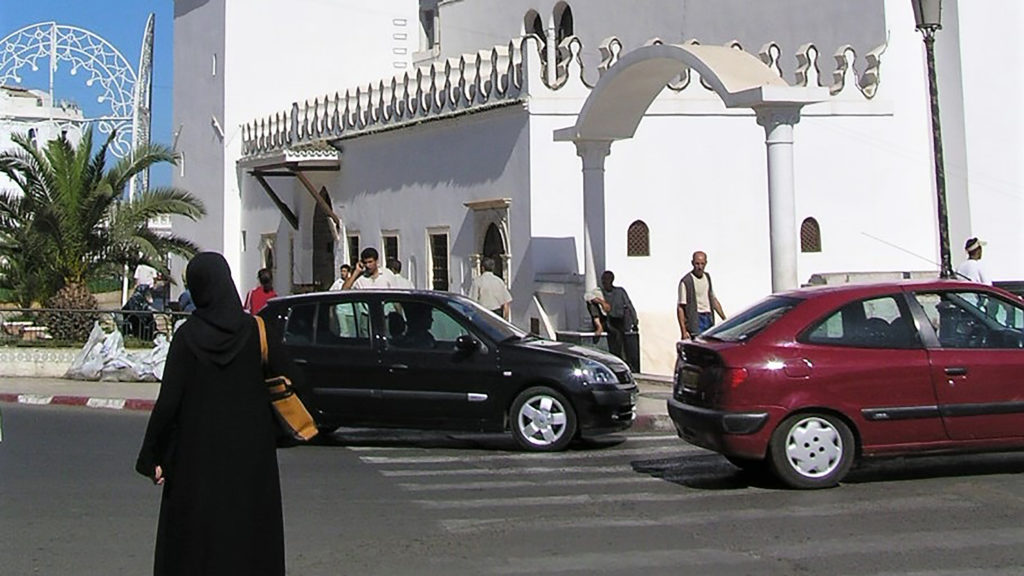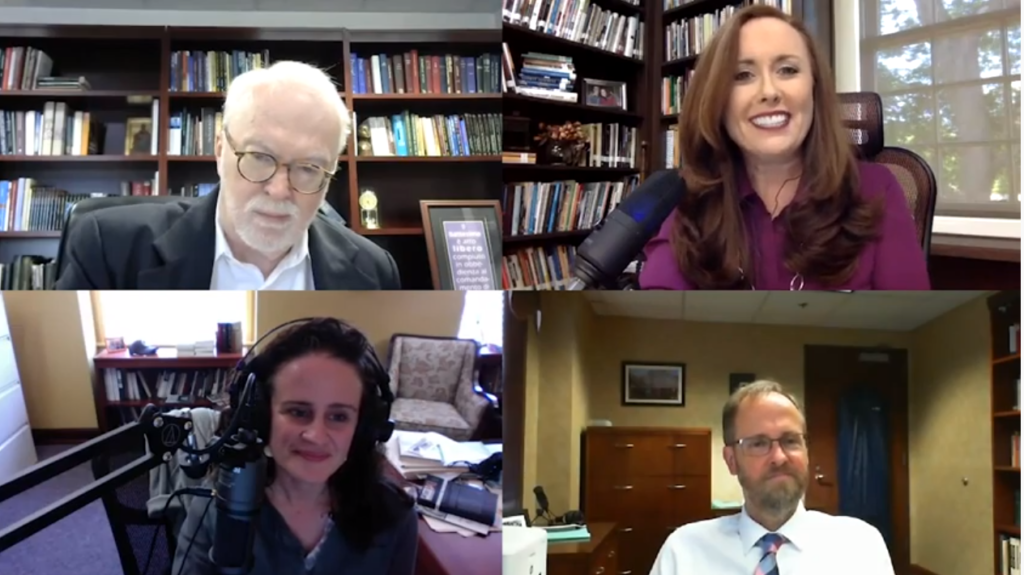An analysis of U.S. social data from the early 1970s to 2000 suggests the repeal of “blue laws,” which often closed businesses on Sundays, prefaced a decline in religiosity and a subsequent rise in “deaths of despair” among middle-aged white men.
The team of researchers — Tyler Giles, Wellesley College; Daniel M. Hungerman, University of Notre Dame; and Tamar Oostrom, The Ohio State University — said data from the General Social Survey shows an increase in deaths by drugs, alcohol and suicide beginning in the early 1990s.
The researchers suggested a connection between the rise in deaths and the repeal of blue laws beginning in the 1960s, which they said created “discrete changes in incentives to attend religious services.”
A study published in 2008 by Hungerman and fellow economist Jonathan Gruber found that repealing America’s blue laws not only decreased church attendance, donations and spending but also led to a rise in alcohol and drug use among people who had been religious. The new study tracks deaths related to alcohol and drug use in the same period.
Researchers noted the mortality changes were not correlated with a decline in religious beliefs but rather a decline in religious participation.
“Using repeals of blue laws as a shock to religiosity, we confirm that religious practice has significant effects on these mortality rates,” researchers wrote.
The results underscore the relationship between well-being and religiosity, they concluded. Click here to download the full report.






Share with others: